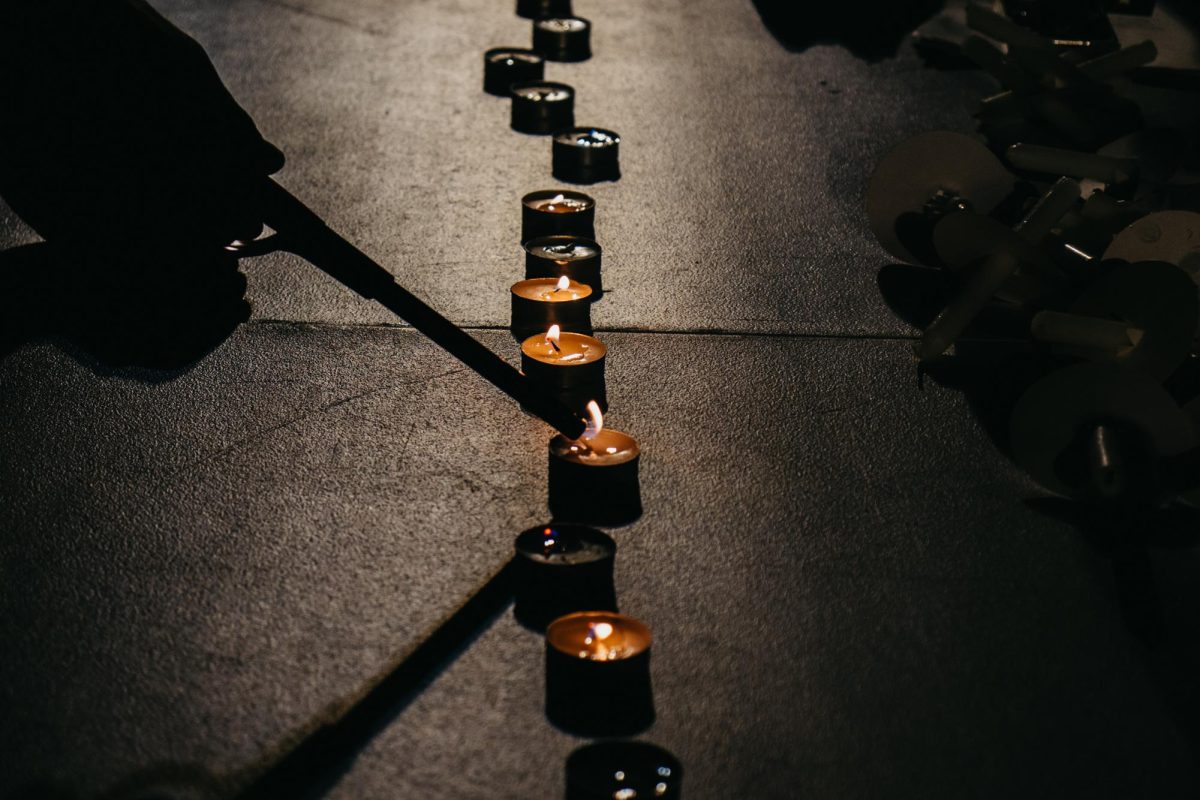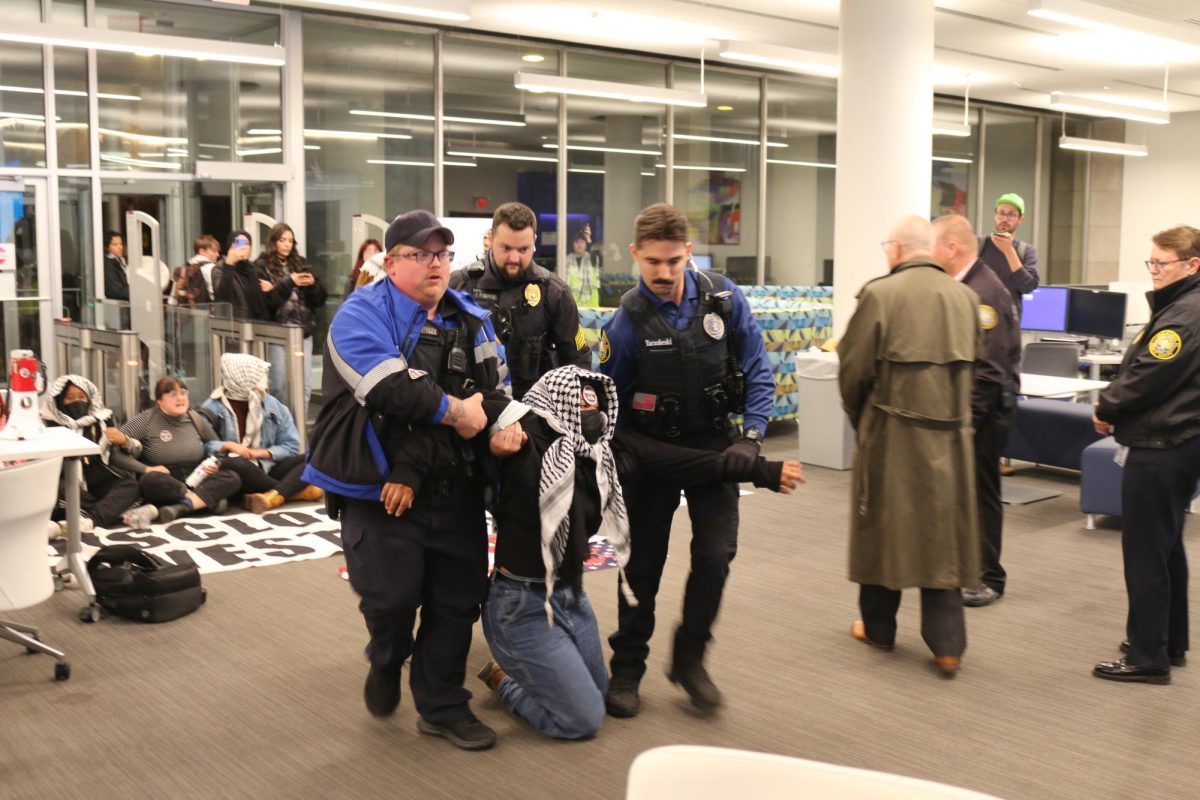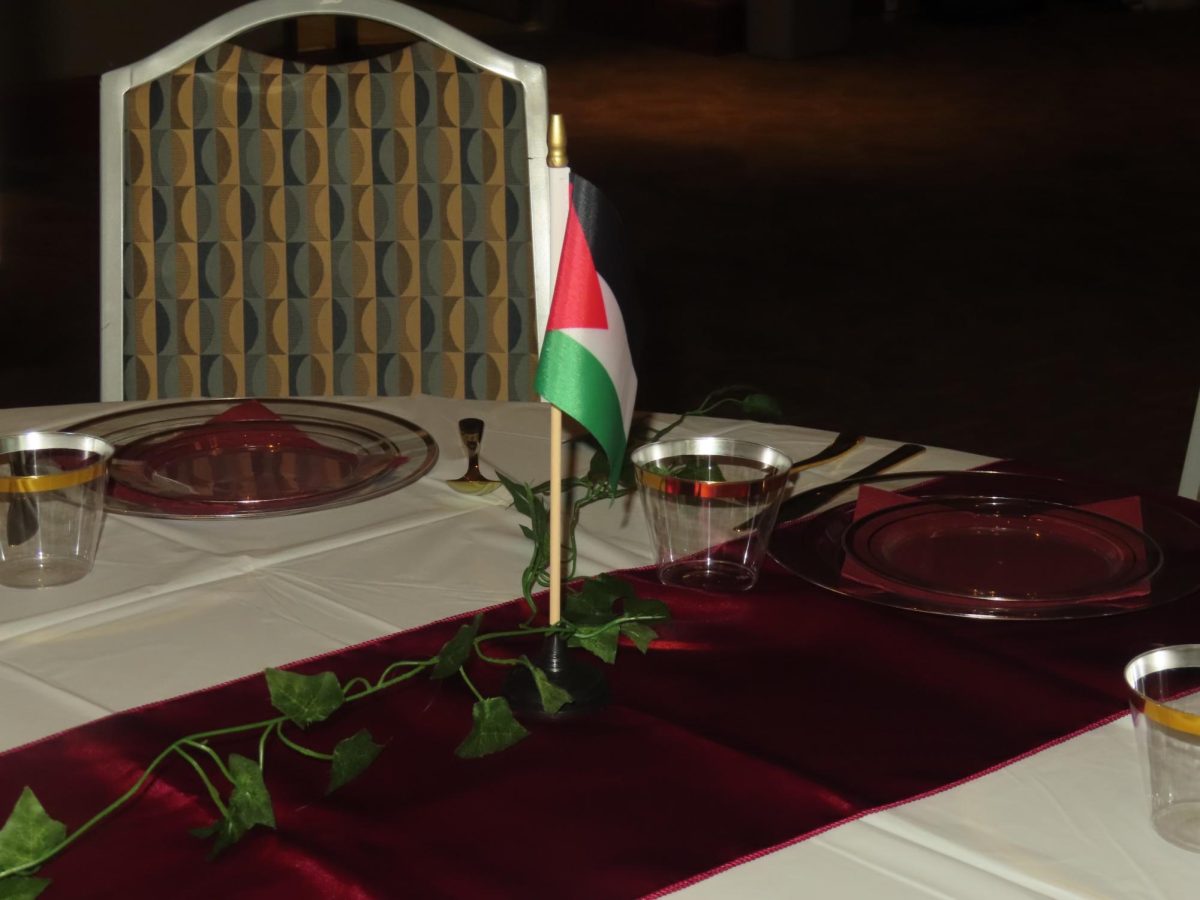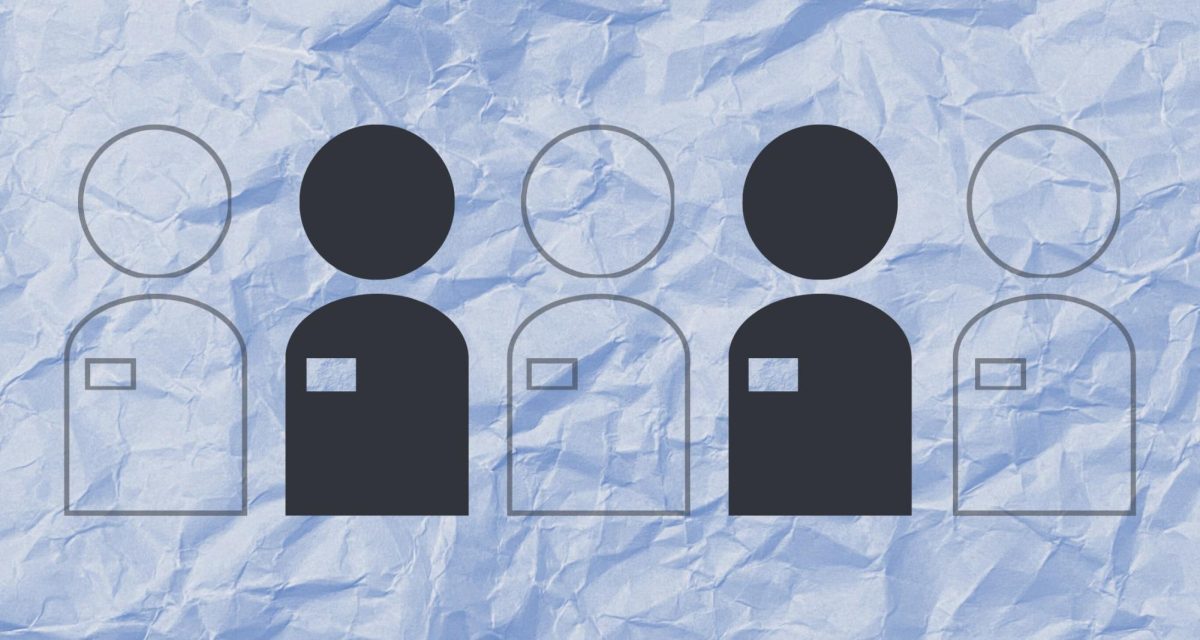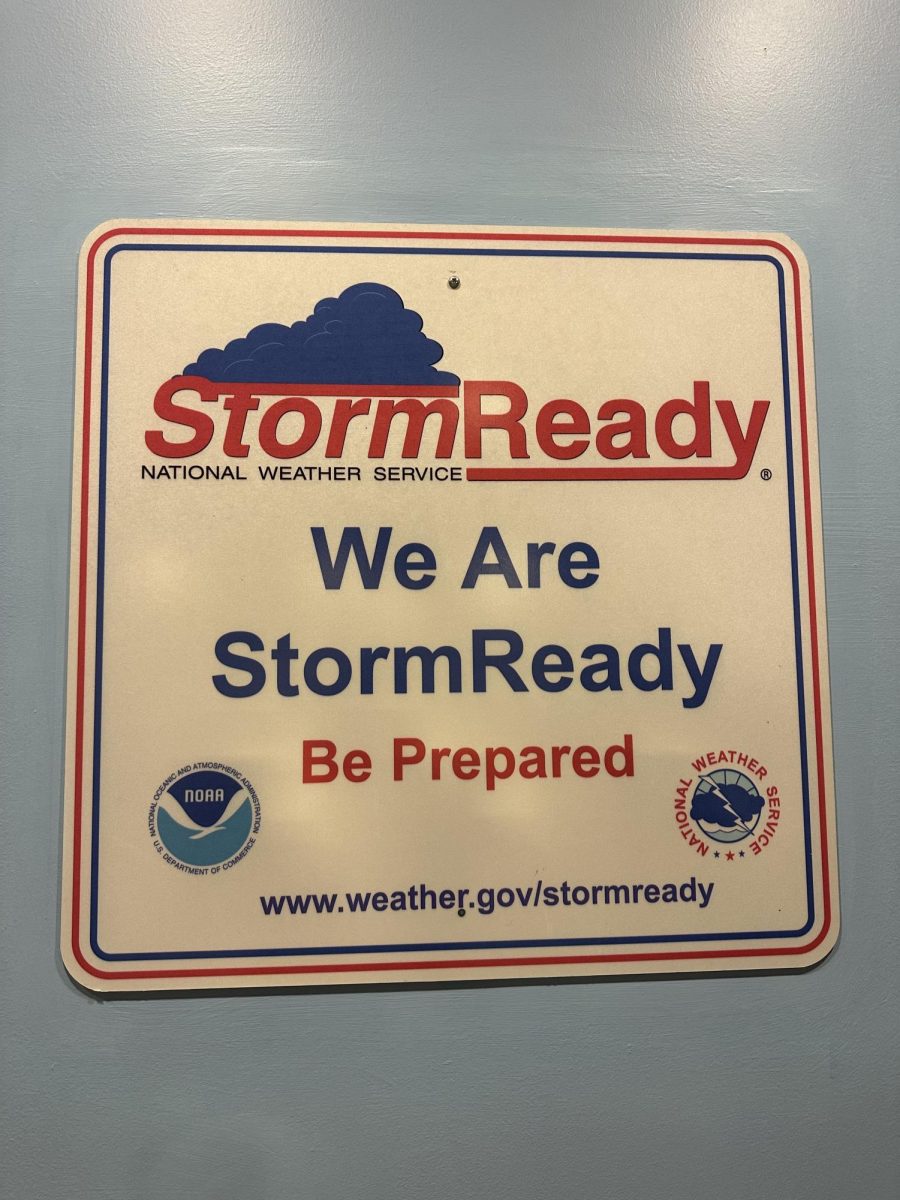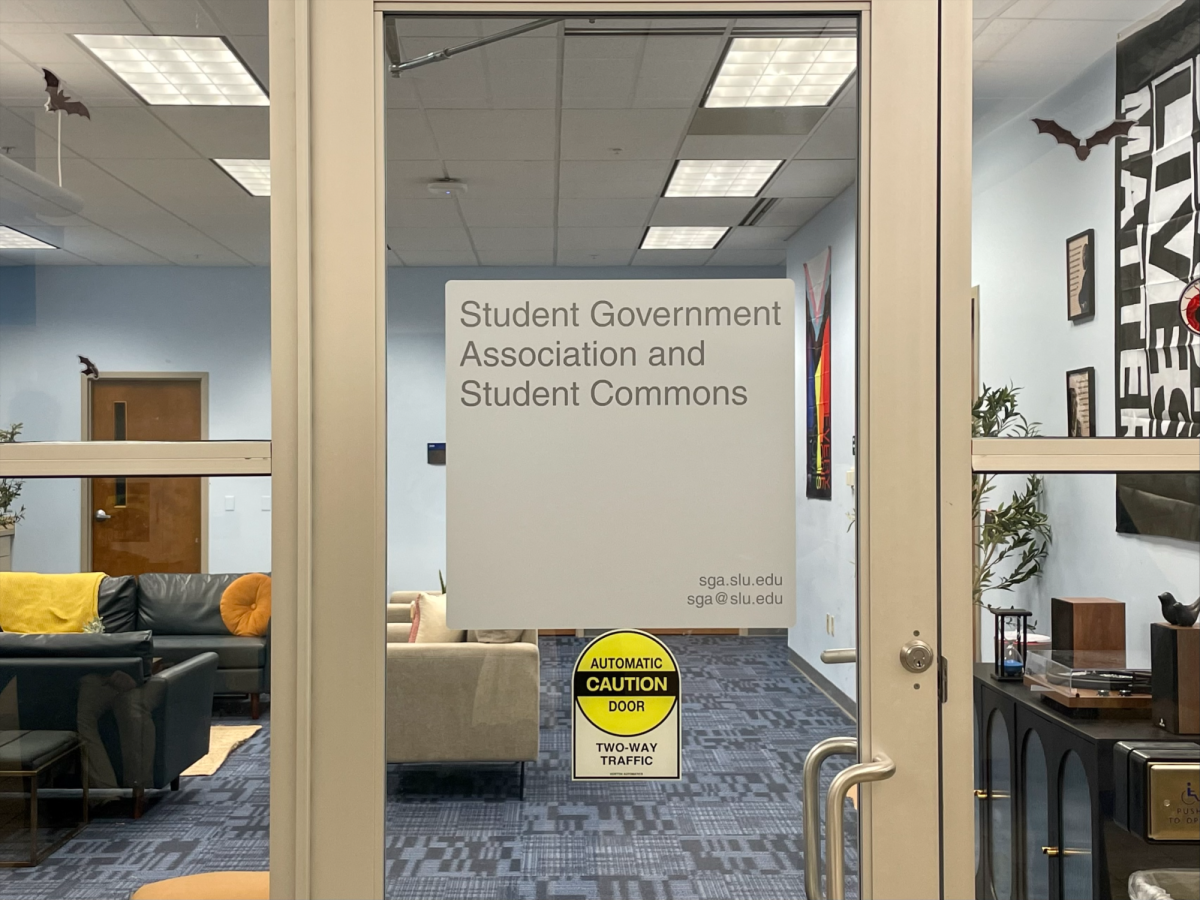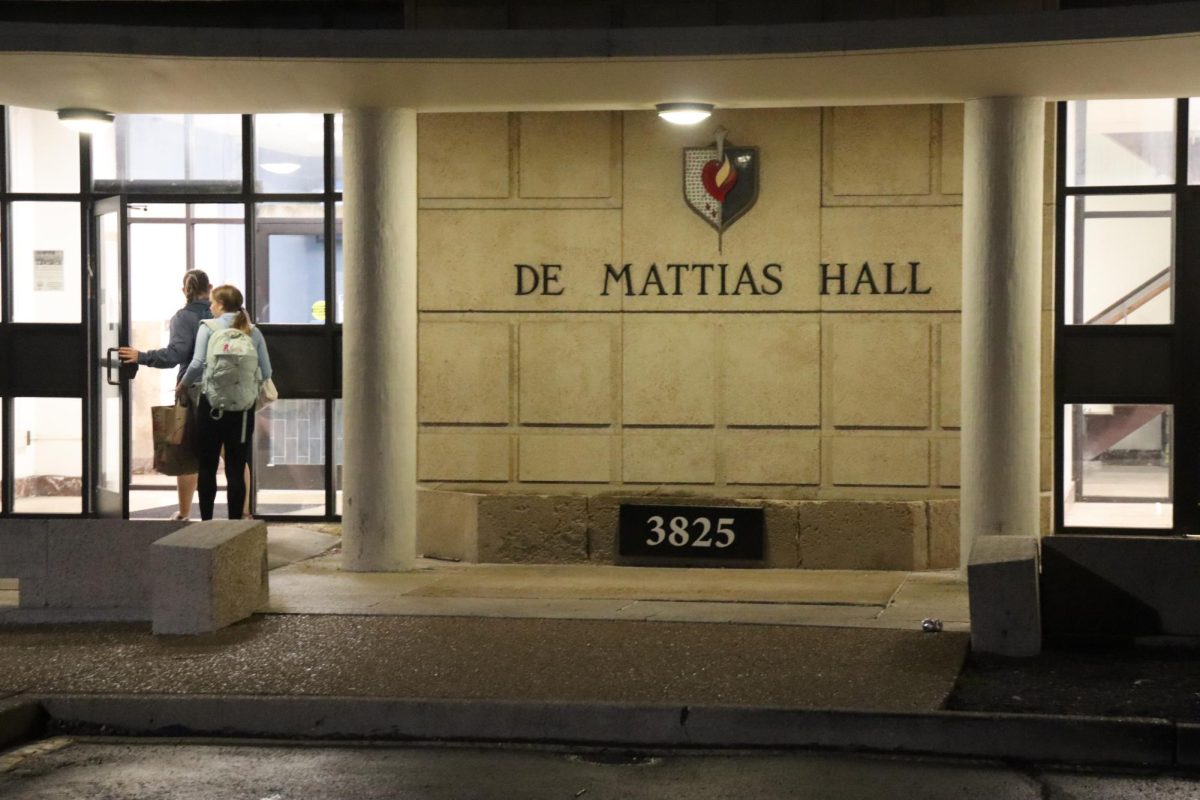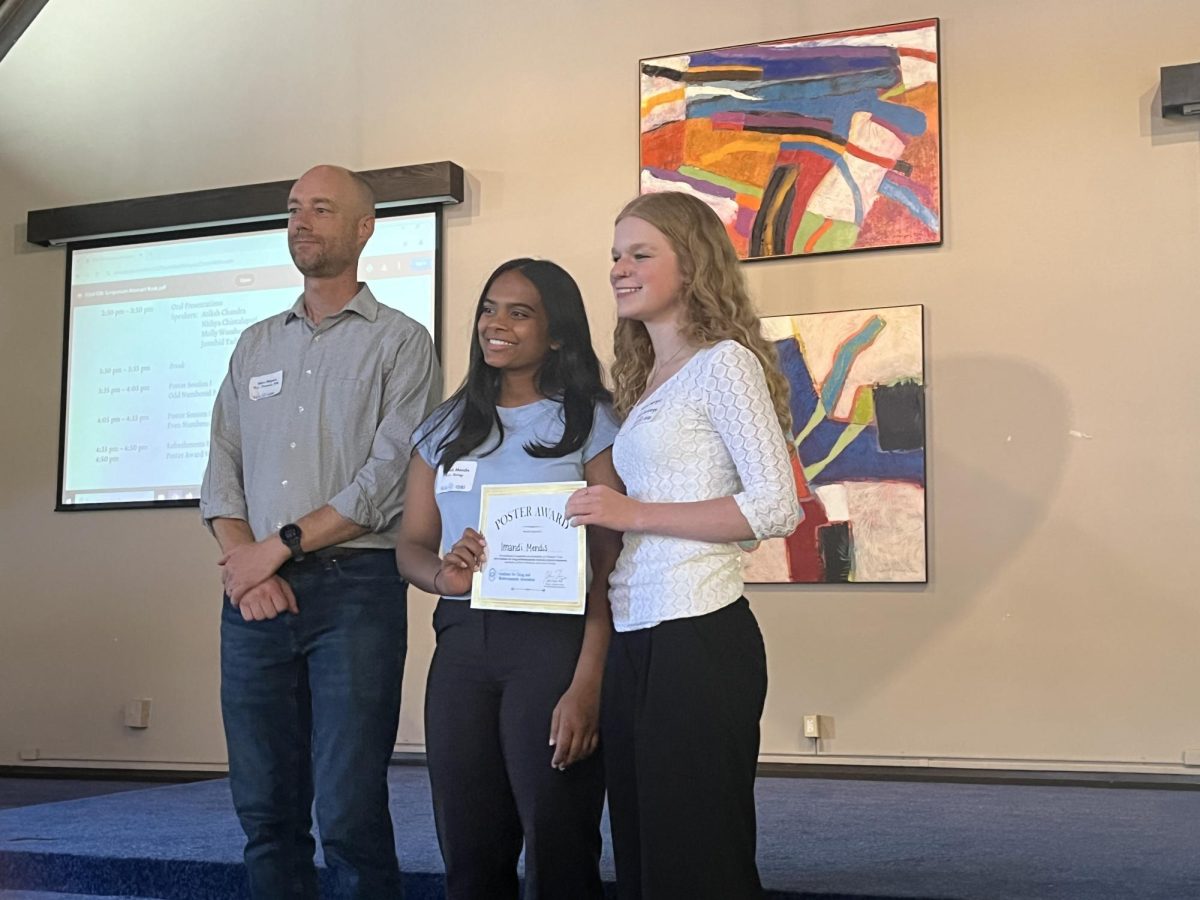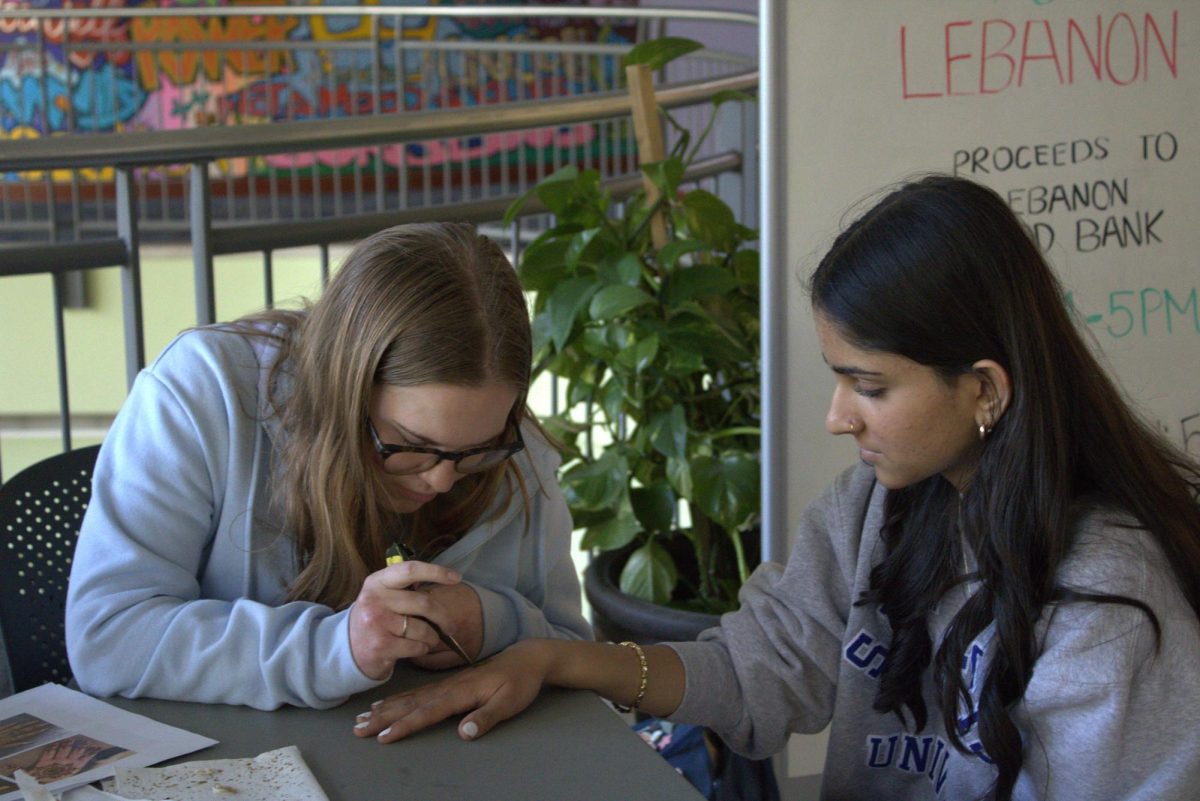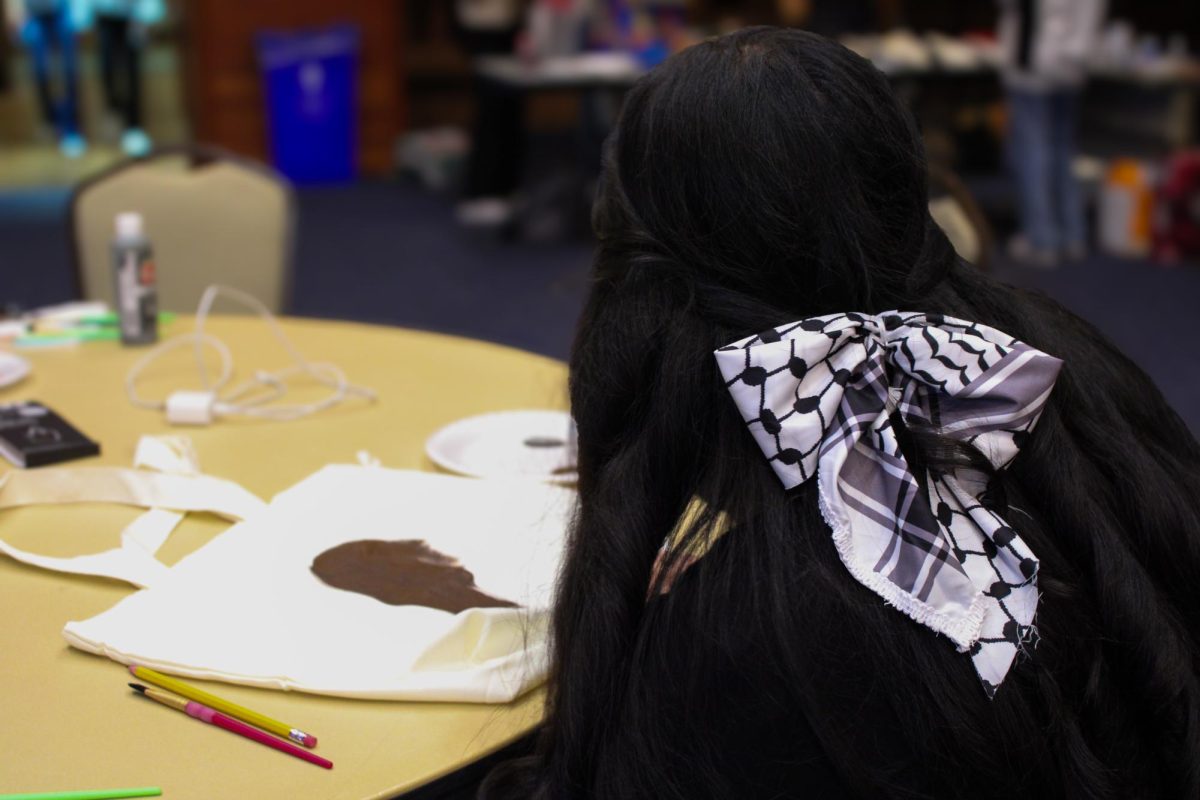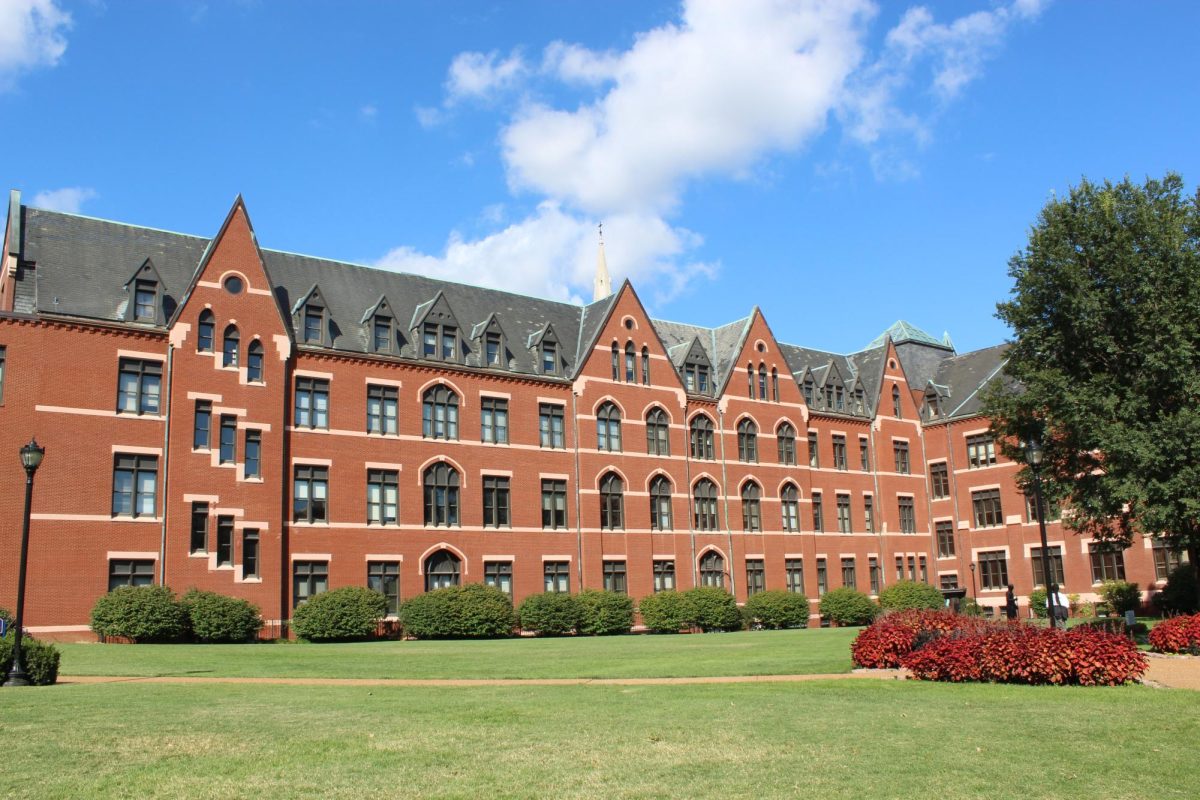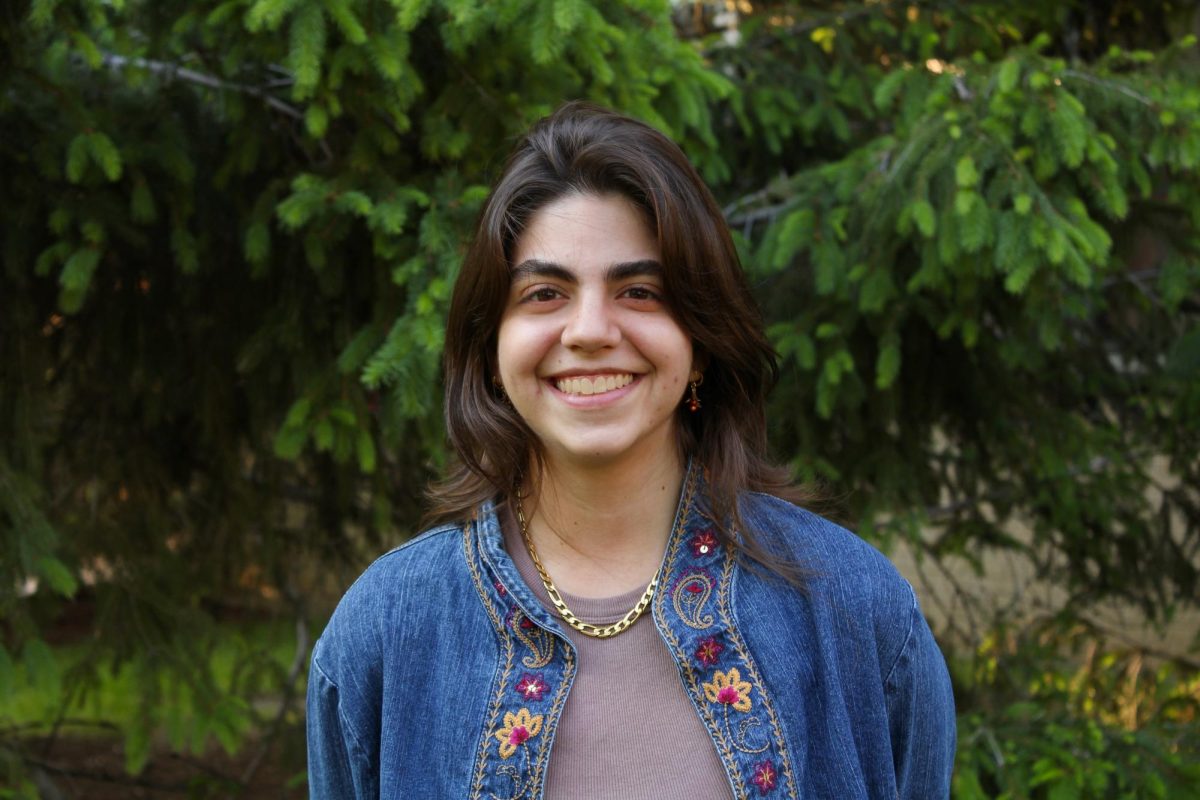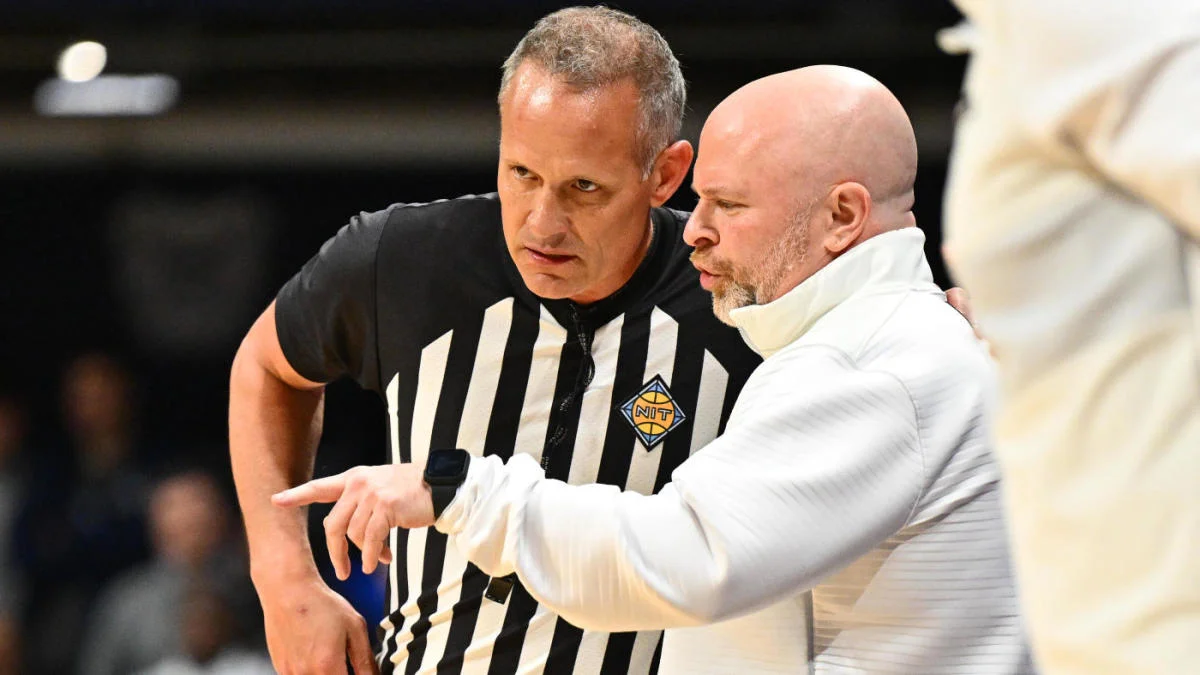Following Hamas’ attack on Israel and in the ensuing war on the Gaza Strip, Jewish and Palestinian students alike continue to mourn those they have lost. The war has devastated not only Gaza, but also the lives of many of those with ties to the region. On American college campuses, the conflict may feel far away, but the discourse has come home.
Some SLU Jewish students report that they feel increasingly isolated from the community that is meant to support them.
In interviews with the University News, Jewish students at SLU reported items being thrown at them as well as frequent exclamations about the war being directed at those who are visually identifiable as Jewish.
All students who spoke to the University News called for a statement from the University that explicitly condemns antisemitism and acknowledges the fear that Jewish students have been feeling.
An undergraduate student in the Doisy College of Health Sciences, who requested to remain anonymous citing safety concerns, reflected upon their experiences as a practicing and visually identifiable Jewish person on campus. They said that while their immediate community has been understanding and supportive, they felt as though the university has been failing, citing a lack of direct communication from faculty and staff.
“I think that the school as a whole does not support us. I think that the people who actually interact with Jews do, but there are so few Jews here that it’s become diluted,” the student said. “The school does not care about us.”
Anthony Chaboude, a Jewish SLU undergraduate student, said he feels those in his immediate community have largely abandoned him as a result of the war, explaining that many around him do not see discrimination against Jewish people as a serious problem.
With hate crimes rising across the United States, including antisemitic threats at Cornell University and Tulane, as well as Islamophobic attacks in Vermont, students on campus are fearful for their safety.
As of Nov. 29, there have been no reported hate crimes reported on campus, according to Melinda Heikkinen, Assistant Vice President of the Department of Public Safety.
“We have increased the visibility of DPS staff and are always on the lookout for anything that could be considered a bias incident or a hate crime,” Heikkinen said. “I also stay in close contact with local, state and federal officials to stay abreast of any activity that could impact our campus. All of us in DPS are very aware of the impact current world events having on our campus community and are always prepared to support those who may need us.”
President Fred Pestello sent an email on Oct. 13 reflecting on the violence and extending sympathy to both Israeli and Palestinian students. Jewish students the University News spoke with said they felt this was not enough.
A senior Jewish student in the Chaifetz Business School said that the delay between the attacks on Israel and the President’s comments left them feeling lost and ignored. They explained that, in the days following the attack, their peers felt betrayed by a faculty that was silent on the issue.
“The timing is pretty questionable. I think students probably deserve an explanation as to why [President] Pestello waited some five or six days after the attack to make a comment,” the senior said. “Students, many of whom felt afraid for their own safety, probably would have really needed some more dialogue earlier.”
In regards to these concerns, a university statement sent to the University News by SLU spokesman Clayton Berry referenced the explanation contained in the Oct. 13 email, which said that Pestello had “paused and reflected at length to discern what [he] might offer in a message to you.”
The statement went on to condemn hate and prejudice on SLU’s campus and provide recommendations for resources that are available to students.
“Antisemitism, Islamophobia or any form of religious bigotry have no place at SLU. The University strongly condemns discrimination or harassment that targets religious, ethnic or other identities. If a student has experienced or witnessed bias, discrimination or harassment, we urge them to immediately contact the University’s Office of Institutional Equity and Diversity. SLU has a clear and supportive process to investigate and respond to any incident that’s reported,” Berry wrote in the statement.
The only group for Jewish students at SLU, the Jewish Student Association, has recently undergone a political schism that is primarily centered on political disagreements and differences on the appropriateness of dialogues about the war.
A graduate student who is involved in JSA said that the schism has eclipsed a much-needed support system. A smaller, informal community within the JSA has formed to provide support for those mourning and encourage discussion.
“[Students feel] isolated. Students feel really let down; students feel like they don’t have any access to support,” the graduate student said.
In the midst of turmoil in the student group, some Jewish students also feel disconnected from the university avenues that they say are supposed to be available to support them.
Susanne Chawszczewski, Director of Campus Ministries, said that the Campus Ministry staff are available as resources to students who need support and are also there to direct students toward other university resources such as the Counseling Center. She said, “In times of crisis, both individual and global, we are always available to listen to, support and be available to students.”
Chawszczewski also reports that Campus Ministries has met with “individual and small groups of Jewish students” to provide support in the past several weeks. They also provided logistical support for the prayer vigil that was held on Oct.18 to mourn the victims of the conflict, both Israeli and Palestinian.
However, some Jewish students feel as though the university could, and should be doing more.
Students say that subtle and blatant antisemitism and ignorance of Jewish students on campus did not begin with the war, but instead has constituted an ongoing experience.
A Jewish graduate student in the College of Arts & Sciences explained that SLU Academic Calendar does not mark some Jewish holidays correctly and that this, in the past, has caused issues communicating with some of their professors about time off and extensions. Further, they explained that the lack of Kosher dining options on campus, which they noted are present at smaller schools like Maryville University, presents a large deterrent for Jewish students considering applying to SLU.
The graduate student also remarked upon previous, more direct, antisemitism they said they faced before Oct. 7. They claimed that, during a conversation on the Israel-Palestine conflict that another student initiated, they were asked, “Why do you care about their lives? Are you a Jew?”
As the war nears its third month and tensions continue to rise, Jewish students say the University as a whole must reflect upon its attitude toward its Jewish population.
An undergraduate student in the Chaifetz Business School said that antisemitism should concern everyone, not just Jewish people. Citing an understanding of the history of prejudice against people of the Jewish diaspora, they explained that antisemitism is also the first step toward a larger swelling of hate.
“The thing about antisemitism is that it starts with Jewish people, but it never ends with Jewish people. When Jewish people are the victims of hate or prejudice, it’s often the first step before other minorities and vulnerable populations are targeted themselves,” the Chaifetz student said.
Students acknowledge that the university has a commitment to remaining impartial, and do not expect the university to align with their political beliefs. The Chaifetz student expressed a sentiment shared by their peers: “There should be nothing controversial or political about condemning anti-semitism or prejudice.”
If you or someone you know has been a victim of a hate crime, reach out to DPS at 314-977-3000.
The University also provides limited, complimentary counseling to those who desire it. To contact, call 314-977-8255.


